5 Best Scheduling Software for the Healthcare Industry
Managing schedules in the fast-paced healthcare industry is a challenging task. From resource allocations to staff rotations and patient appointments, ensuring smooth operations feels like a full-time job. Fortunately, several advanced healthcare scheduling software options are available to ease these tasks. These tools help reduce errors, save time, improve efficiency, and prevent staff fatigue and burnout.
These solutions also enhance patient care and offer easy online appointment bookings. In this article, we’ll discuss five of the best scheduling software for the healthcare industry, helping you improve patient satisfaction and staff coordination. So, what are you waiting for? Find out which tool can revolutionize your scheduling process!
Understanding Healthcare Scheduling Software
Healthcare scheduling software is a digital solution that assists nurses, physicians, clinicians, managers, HR, front desk administrators, and switchboard operators by managing, creating, and organizing work schedules. This software reduces manual administrative tasks and ensures efficient staffing. It also helps track compliance, manage absences, and monitor overtime. Below are the must-have features of healthcare scheduling software:
- Auto-Scheduling: Generates schedules based on staff preferences, availability, business needs, and qualifications.
- Drag-And-Drop Scheduling: Simplifies the process of creating and adjusting schedules.
- Skill And Certification Tracking: Allows viewing of staff qualifications to schedule the right personnel for each shift.
- Real-time Notifications: Keeps staff informed about schedule updates, published schedules, open shifts, and more.
- Alerts: Highlights issues such as unequal shift distribution, scheduling conflicts, and insufficient rest times.
- Instant Communication: Facilitates quick updates and communication regarding schedule changes.
Top 5 Scheduling Software for the Healthcare Industry
Acuity Scheduling
Acuity Scheduling is a user-friendly scheduling software popular in the healthcare industry. It simplifies scheduling for staff and patients, allowing patients to book appointments online 24/7. Healthcare professionals can set appointment preferences, activate onboarding features, and block appointment times. Acuity offers calendar management tools for viewing and managing appointments from any device. Acuity provides a 7-day free trial and starts at $16 per month.

Medesk
Medesk manages patient records and generates treatment progress reports. It also facilitates payments, stock, and staff payroll management, and supports online consultations. The patient portal in Medesk allows easy appointment bookings, rescheduling, or cancellations. It integrates seamlessly with electronic health records. Medesk offers a 15-day free trial, starting from $12 per month.
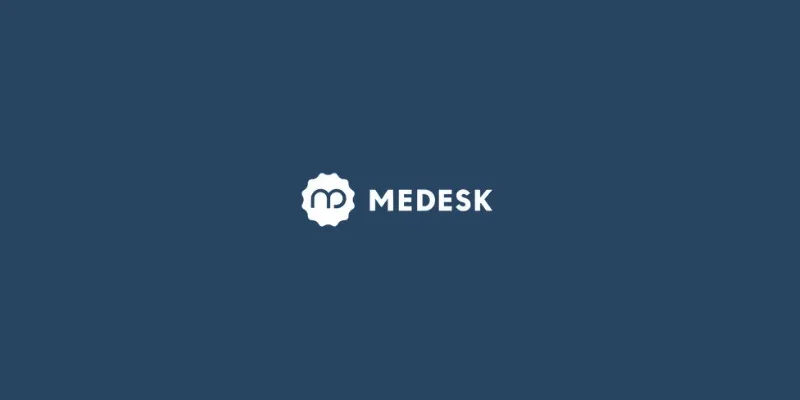
MakeShift
MakeShift focuses on employee online scheduling rather than patient appointments. It creates optimized nurse schedules that prioritize staff satisfaction while maintaining unit coverage. With a self-scheduling module, nurses can choose preferred shifts within set limitations, ensuring flexibility and control. MakeShift offers a 14-day free trial, starting at $2.75 per month per user.
Deputy
Deputy’s AI-powered system creates schedules considering nurse qualifications, patient demand patterns, and unit-specific requirements. It adheres to labor laws when scheduling, though adjusting or skipping breaks during emergencies can be challenging. Deputy provides insights into nurse-to-patient ratios and includes features for emergency coverage and shift swaps. Deputy offers a 31-day free trial, starting at $4.5 per month per user.
ShiftWizard
ShiftWizard offers a comprehensive communication system for sending segmented messages via email, voicemail, or text. It allows staff self-scheduling, including schedule requests, time off, and shift swaps, with manager approval. Real-time updates on the staffing calendar ensure everyone is informed. ShiftWizard provides a mobile app for easy schedule management and communication. It offers a free plan and starts at $8 per month per user.
Who Uses Healthcare Scheduling Software?
The primary users of healthcare scheduling software include:
- Medical Professionals: Clinicians, nurses, and physicians require precise and updated shift schedules for accountability and transparency, improving work-life balance and reducing miscommunication.
- HR and Managers: They create shift schedules based on pay grades, specialties, and availability, automating assignments to save time and reduce errors.
- Switchboard Operators and Front Desk Admins: They rely on accurate schedules to manage calls and dispatch staff effectively, ensuring correct dispatch with up-to-date schedule information.
Conclusion
Healthcare scheduling software is essential for managing the complex needs of healthcare facilities. These tools offer significant advantages, such as enhanced communication, self-scheduling capabilities, automation, and improved staffing. Choosing the right software can be overwhelming, but considering options like Acuity Scheduling, Medesk, MakeShift, Deputy, and ShiftWizard can help. These tools cater to the needs of physicians, nurses, clinicians, managers, HR, front desk administrators, and switchboard operators.
Related Articles

Find Your Perfect Fit: The Best Appointment Schedulers and Booking Apps

Top 5 Employee Scheduling Software Picks for 2025

The Benefits of Focus Time and How to Set It Up in Google Calendar

Discover the Top 10 Fastest Web Browsers to Use in 2025

Calendly vs. Acuity: Which Scheduling App Should You Use in 2025

3 Essential Accessibility Tech Tools to Make Work More Manageable

Calendly vs. Acuity: Which Scheduling App Should You Use in 2025

Best Apps for iPhone: 6 To-Do List Picks in 2025

Top Movie Making Tools for New Creators and Experienced Editors
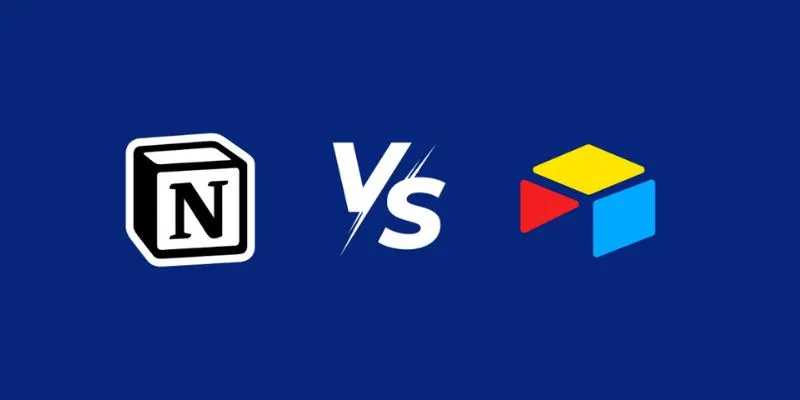
Airtable vs. Notion: Which App Should You Choose for Your Workflow

What is Marketing Resource Management (MRM): A Comprehensive Guide
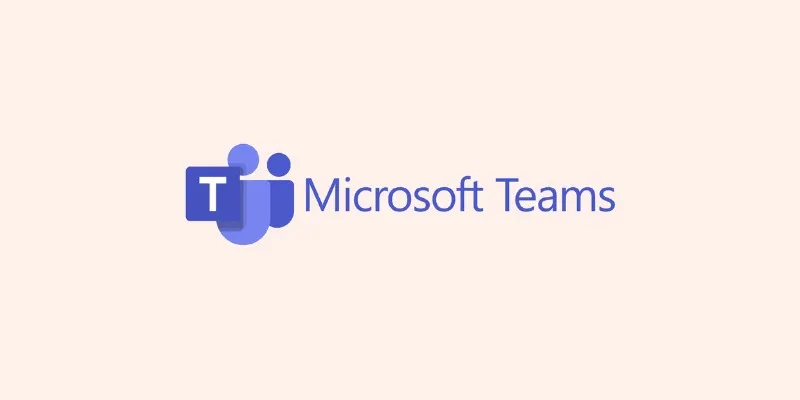
Discover the Best Microsoft Teams Alternatives for Your Team's Needs
Popular Articles

Top Sprite Animation Tools for Game Development

Complete Videoleap Detailed Review That Most Users Didn't Know

Stop Motion Made Easy with Windows Movie Maker: A Complete Tutorial

HubSpot vs. Zoho CRM: Which One Fits You Best in 2025?

Best Apps for iPhone: 6 To-Do List Picks in 2025

Prep Camcorder MTS/M2TS Footage for Smooth Final Cut Pro Editing

Your Guide to Facebook Automation: Save Time & Boost Engagement
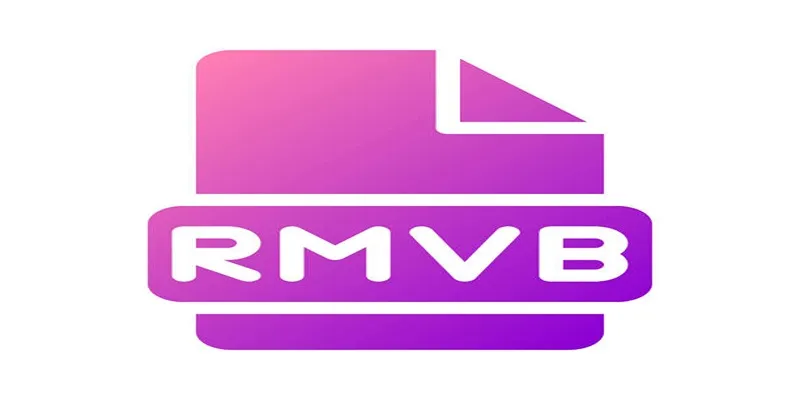
Best Tools and Methods to Open RMVB Files on Any Device
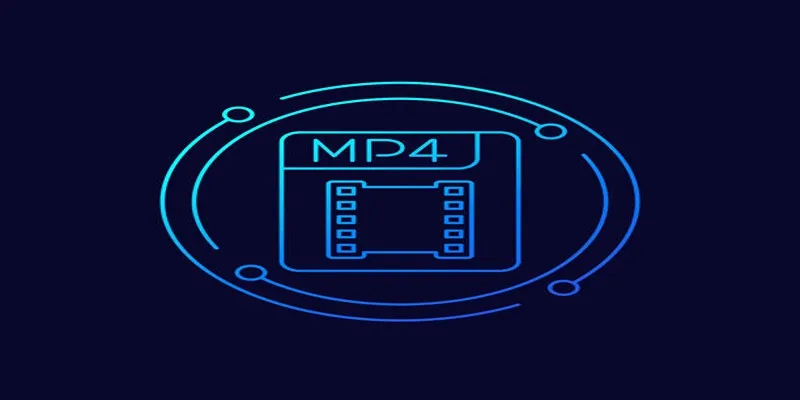
Free Ways to Convert HEVC to MP4 Without Losing Quality

Best Animation Software for Creative Work in 2025
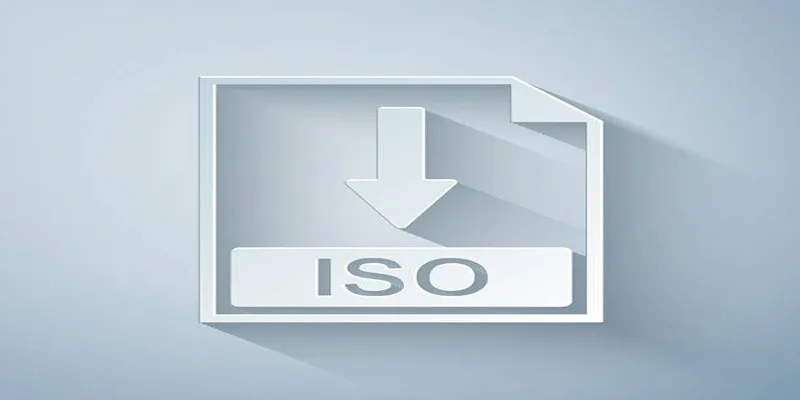
Simple Methods to Convert ISO Files to MP4 for Beginners

 mww2
mww2